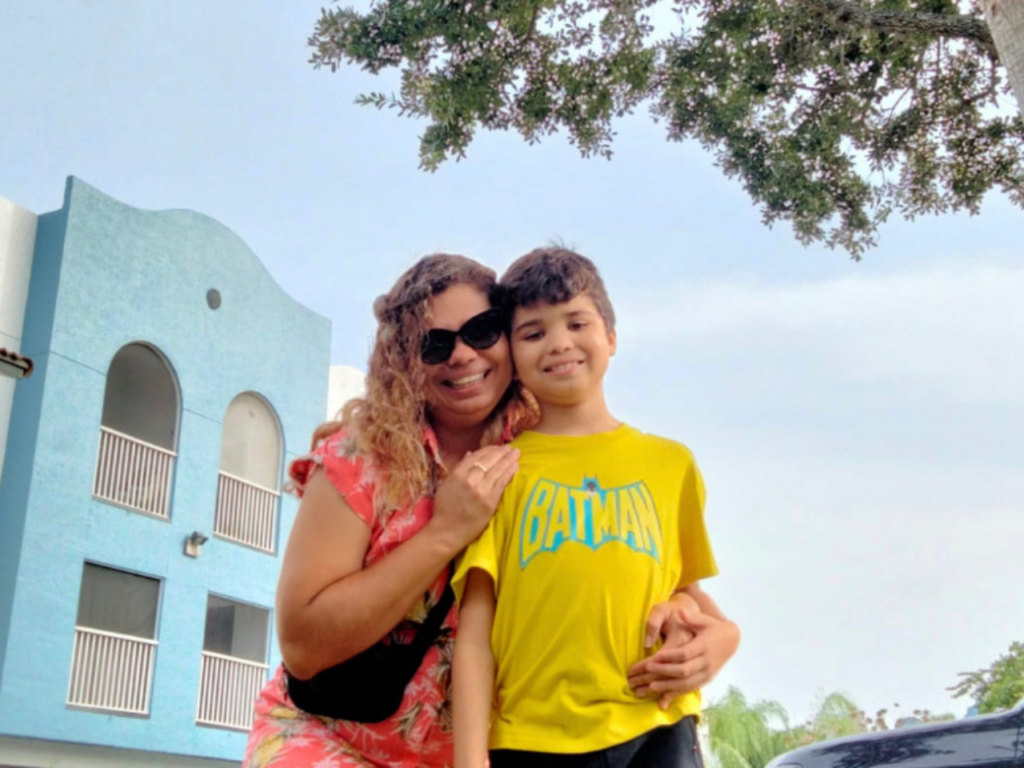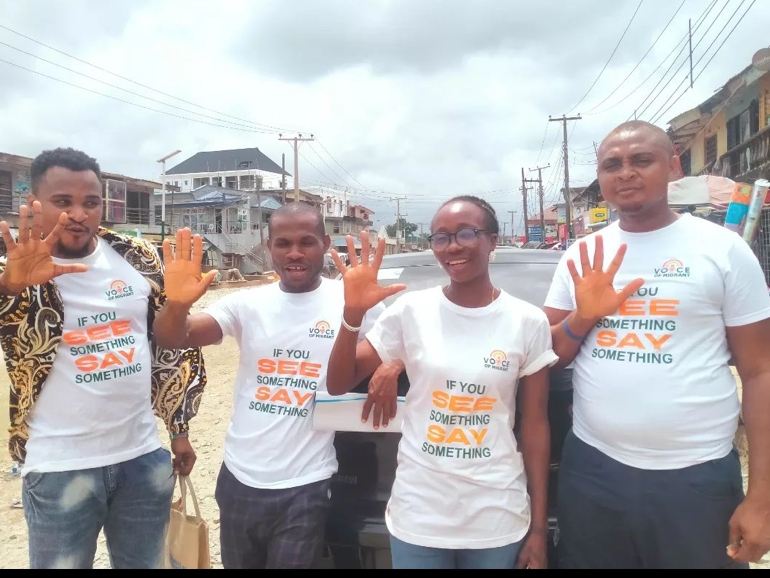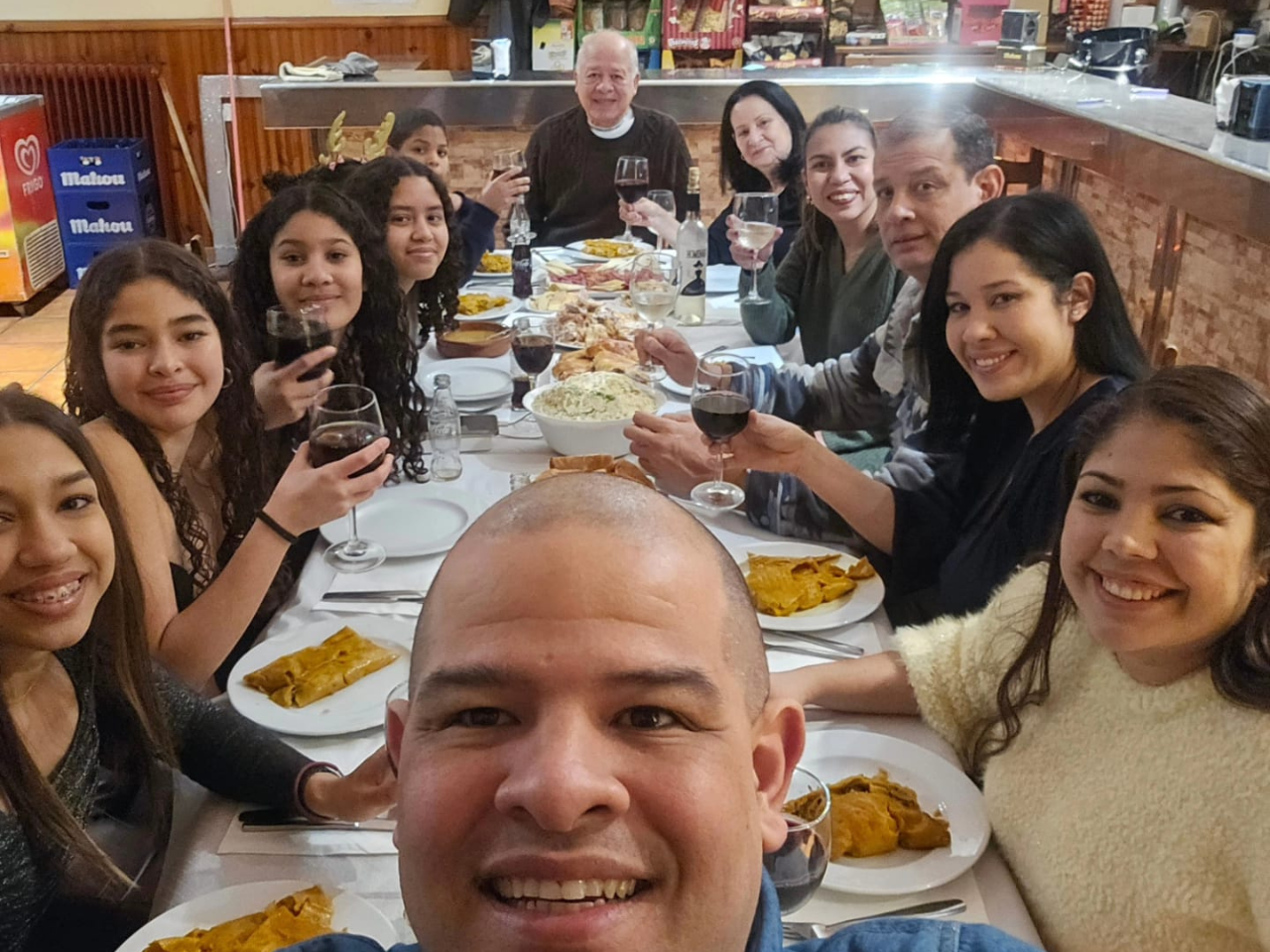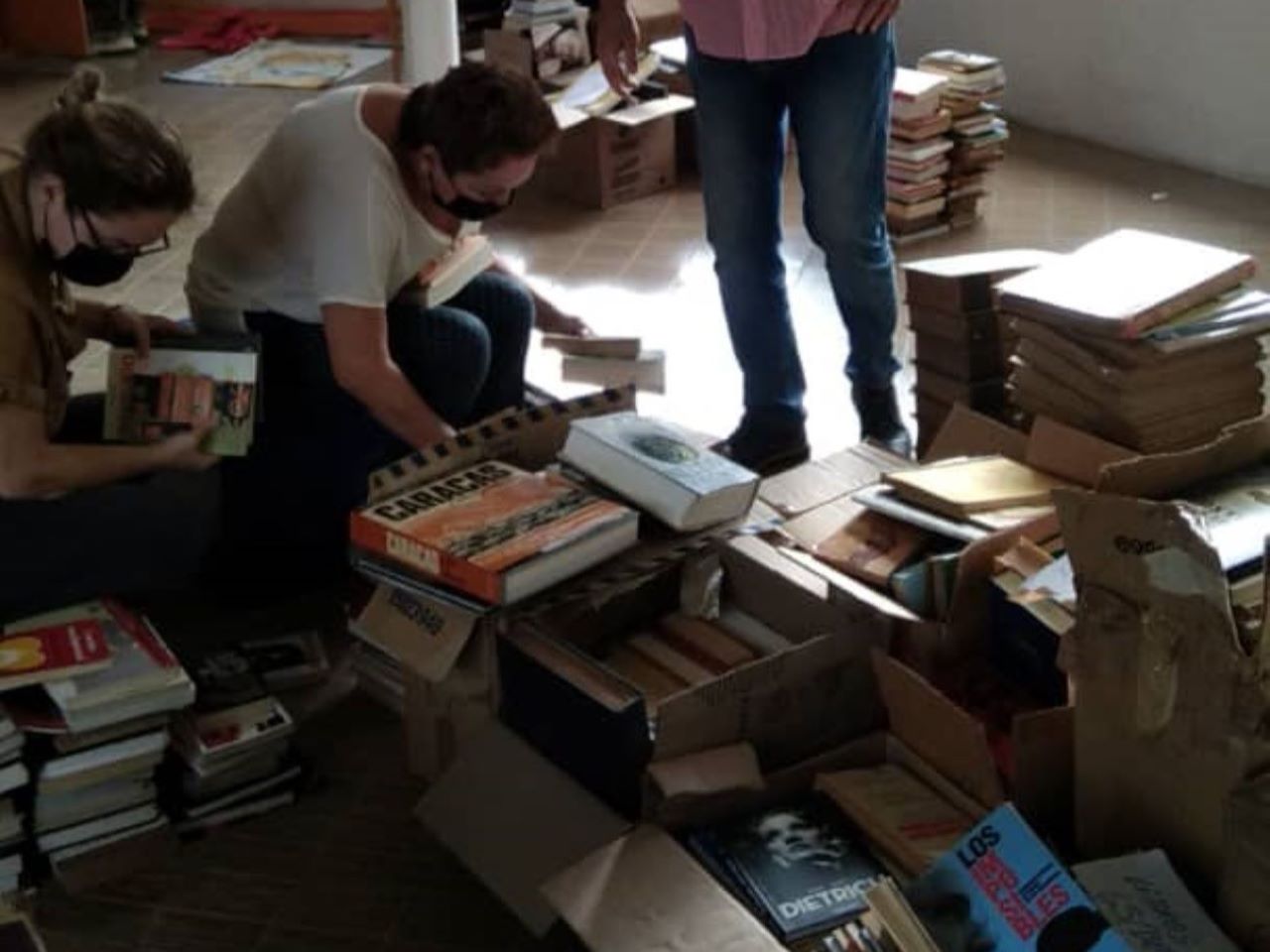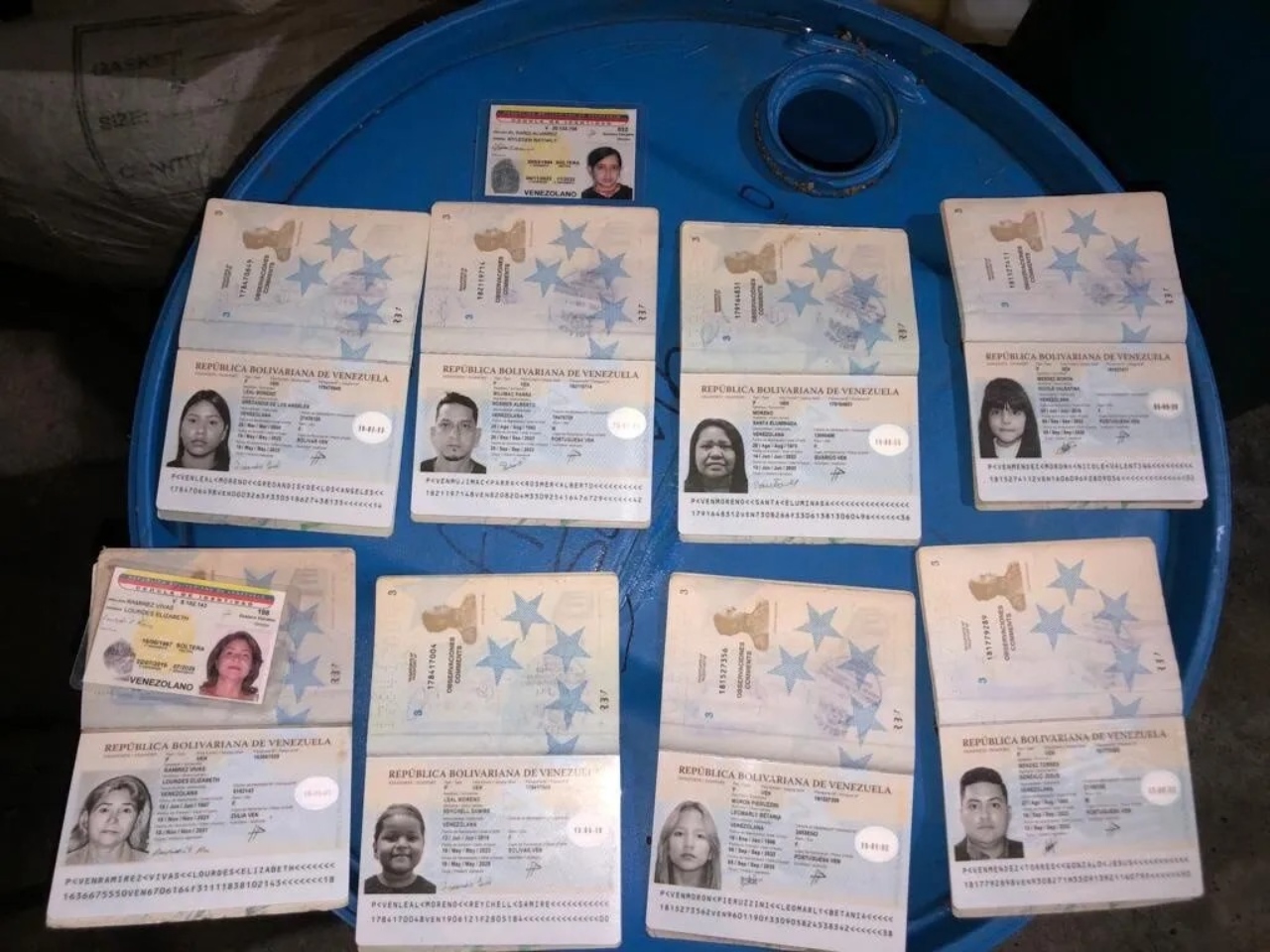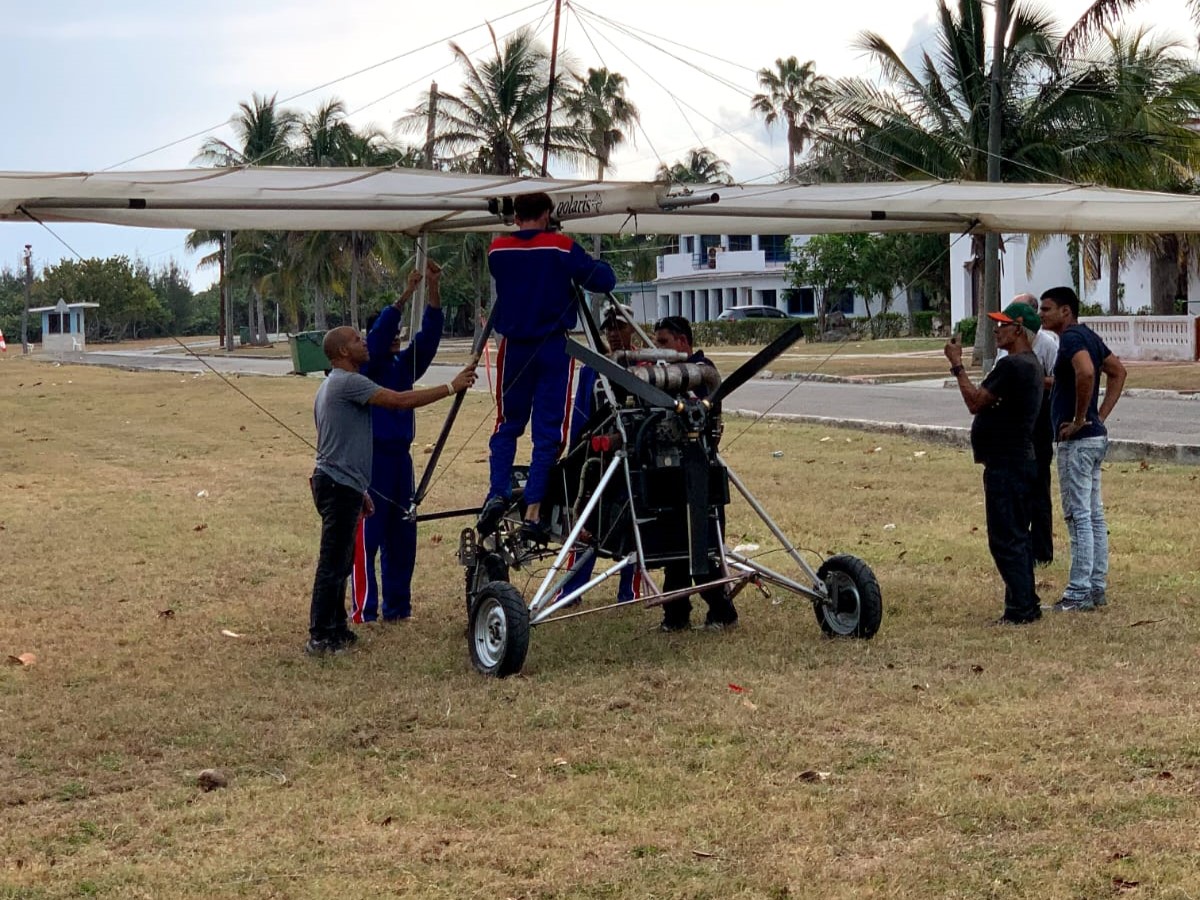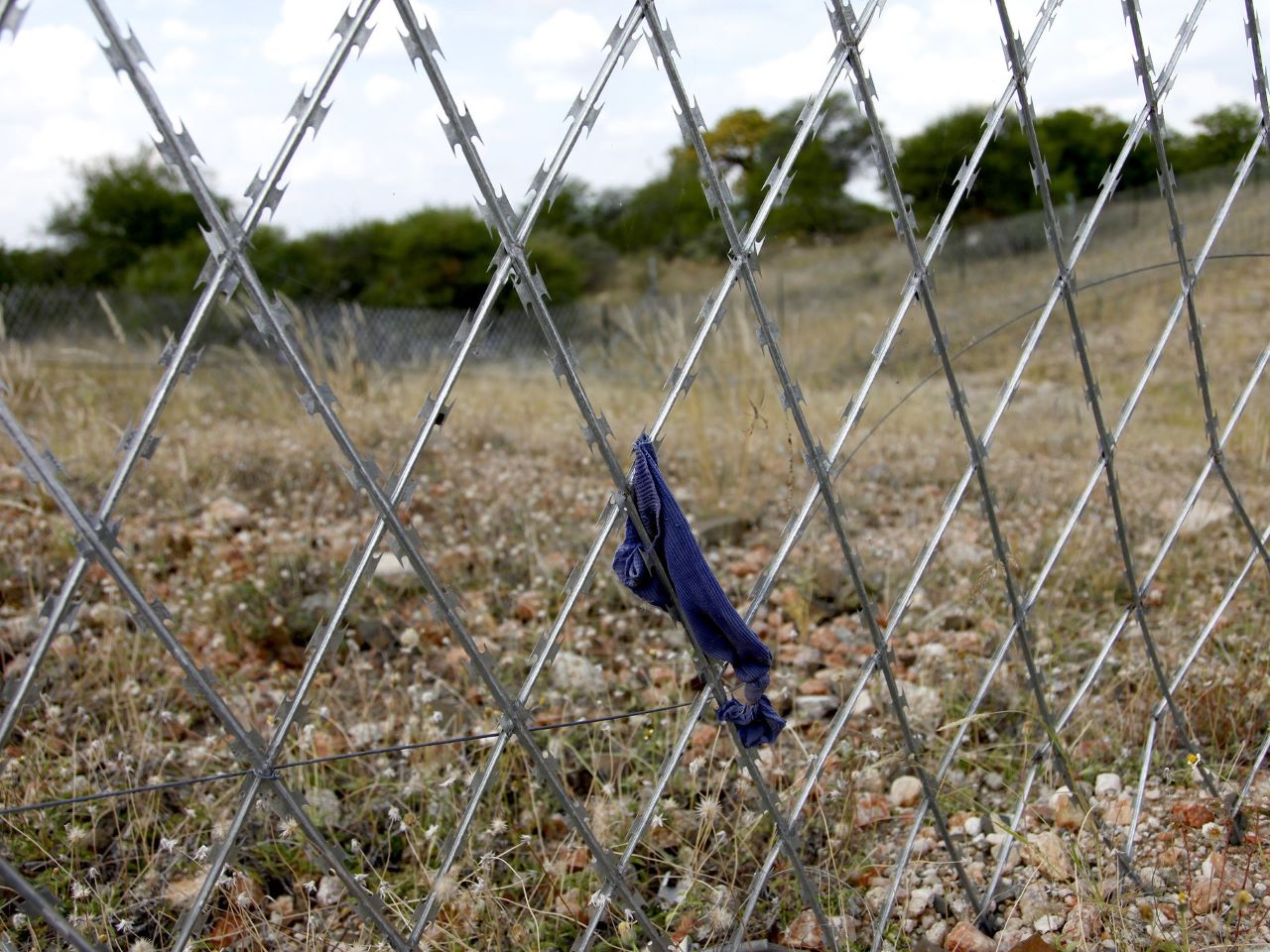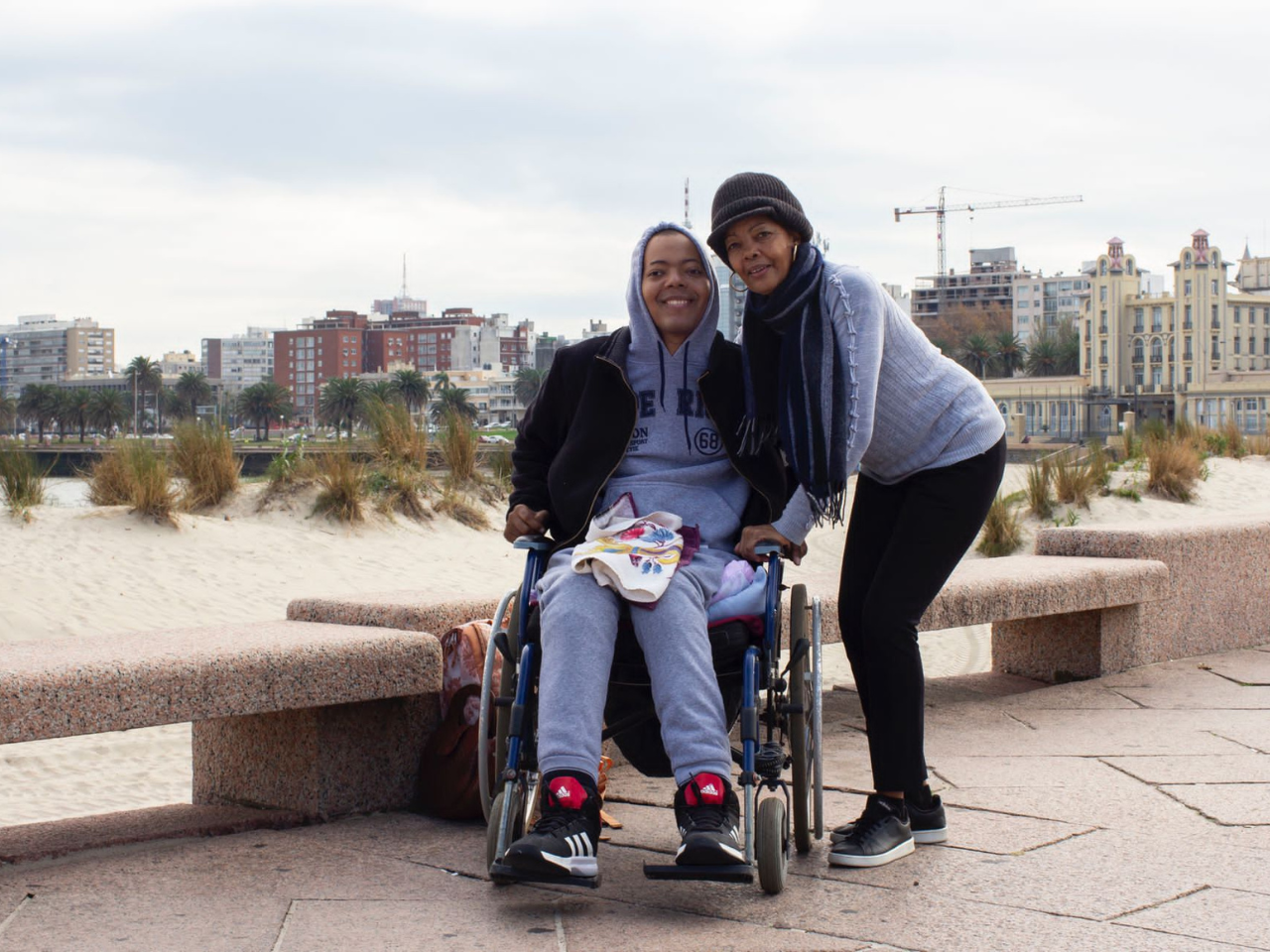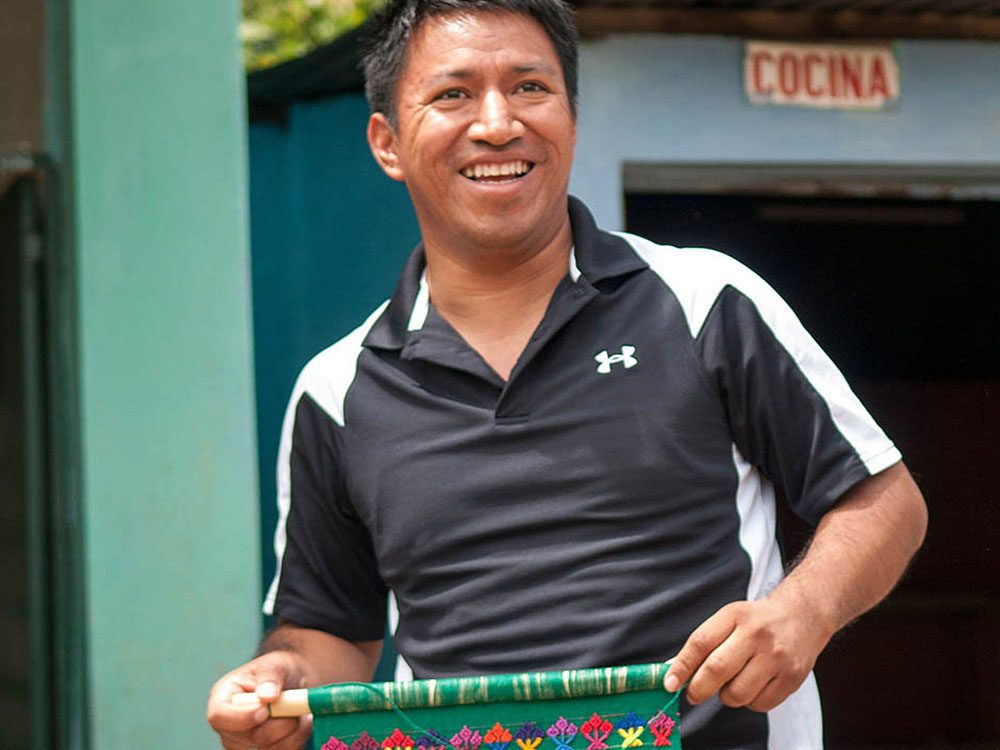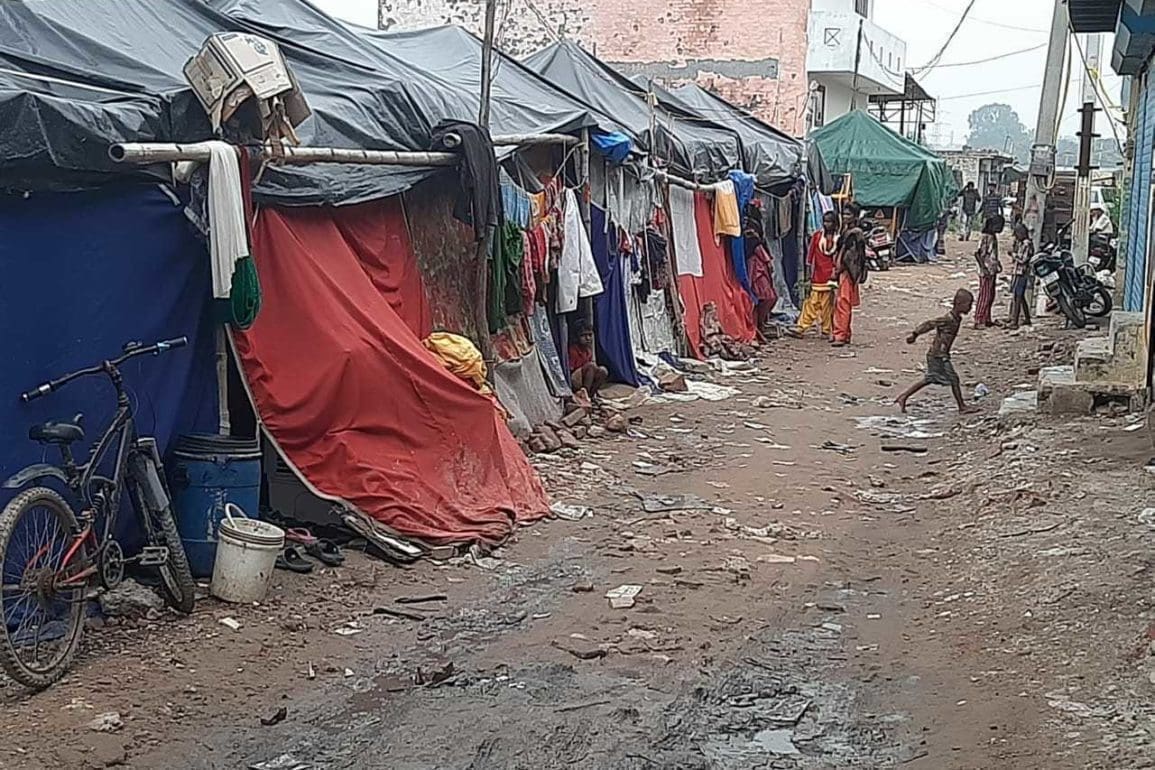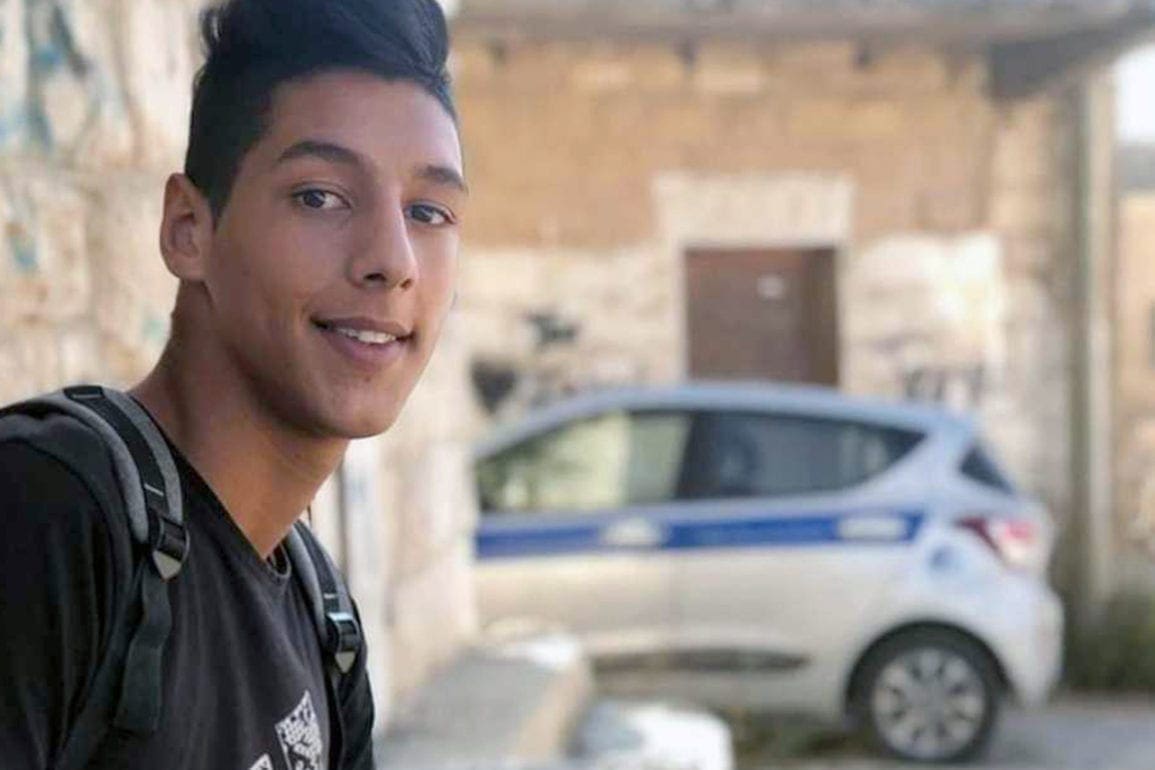As she awaits asylum determination, Venezuelan journalist relies on TPS extension to stay in America
As a Venezuelan migrant in America, the changes to TPS allow me to envision a future reunited with my twin daughters. I eagerly await the news.
- 2 years ago
November 22, 2023

ORLANDO, Florida, United States — After working as a journalist and editor for 18 years in Maracaibo [the second largest city in Venezuela], I found myself in a dire situation. As a political reporter, I faced looming threats of government persecution. At the same time, my country became swept up in economic turmoil. The strain on my two autistic daughters led me to a heartbreaking decision. I sent them to live with their father in Chile while my young son and I fled to America to be with my mom.
Coming to the United States on a tourist visa, we made our new home in Orlando. I dream of creating a life here and bringing my daughters to live with me, but my visa expires on December 22, 2023. The one ray of hope I hold onto is the Temporary Protected Status (TPS) for Venezuelan migrants. On September 20, my mom called me with the news that Secretary of Homeland Security Alejandro Mayorkas declared an extension and overhaul of TPS. Immediately, I felt like a crushing weight lifted off my shoulders. I rushed home and hugged my mother as a sense of gratitude washed over me.
Read more immigration stories at Orato World Media
While covering a story in Venezuela, a soldier shattered my sense of safety
Four years ago, I delved into political reporting in Venezuela, and I soon developed a looming fear of being arrested for doing my job. When I took on the political beat, it ignited immediate tensions between me, my government, and the security forces in my city. One day, during an assignment at a heavily guarded gas station, my fears materialized.
I was covering a story on the challenges Venezuelans face in obtaining fuel when a soldier abruptly approached me. As I tried to focus on recording the motorist for my story, I found myself embroiled in a confrontation. While defending my right to report, the soldier demanded my camera and even threatened to destroy it.
Our driver intervened and deescalated the situation, which may be the only reason I did not face arrest. In that moment, I decided to end my career as a street reporter and move onto lighter topics. As a dedicated mother of three, I needed to safeguard my freedom rather than risk my safety to cover dangerous news.
At the same time, the weight of the Venezuelan economic crisis bore down on us day after day. Sudden power outages in our home unsettled my two autistic daughters, throwing us into constant chaos. I started to see a real toll on their emotional stability, and I knew I needed to do something. So, one evening, bathed in the glow of a video call with their father, we explained that the twins would be going to Chile to live with him for a while. “Will we be torn apart,” my girls cried out. Their question cut straight through me.
I gave up a lifelong career and took work as a cleaner to make ends meet
When my twin daughters left for Chile, I felt heartbroken and afraid. The idea that I might not see them again or that somehow this could be permanent tore away at me. We all tried to comfort one another as the tears ran down our cheeks. My son, who stayed behind, found it hard to understand the reasons behind our decision; but slowly, he found peace.
For me, on the other hand, grief consumed me. Night after night, I cried alone in my room. The city of Maracaibo had been my sanctuary for years, yet now it felt intolerable. Finding refuge somewhere else forced a temporary fracture in my family, but it was what I needed to do.
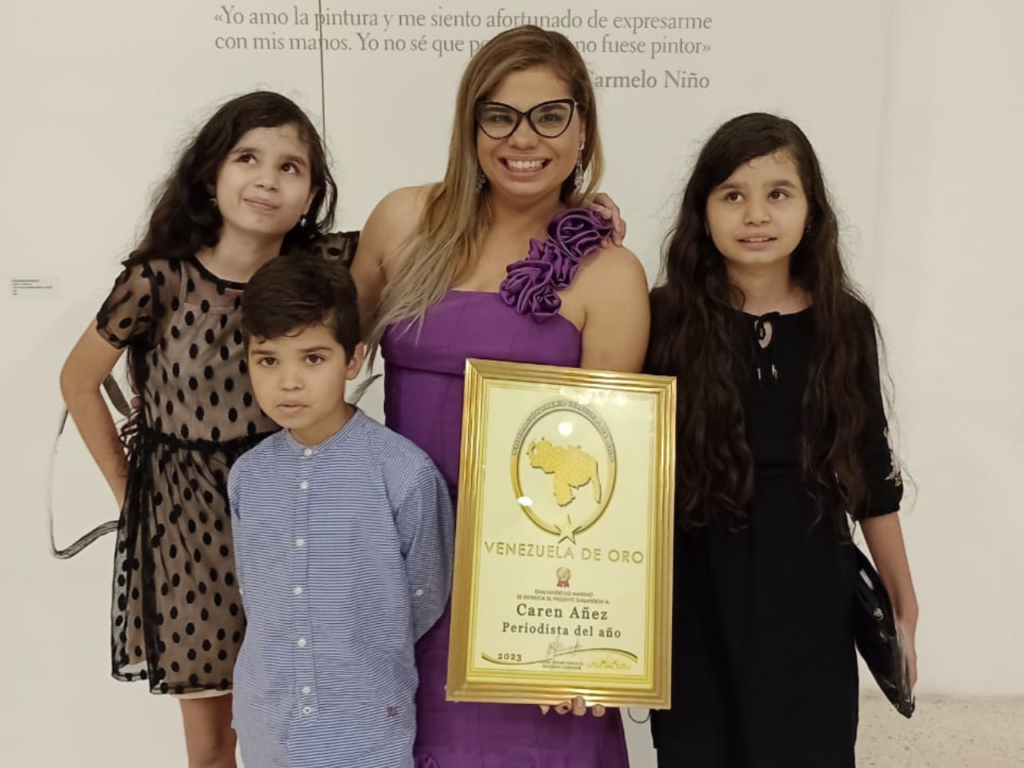
When my son and I got to Florida, reuniting with my mother after months apart, I finally felt a seed of joy in my heart. To that point, all I knew was uncertainty. It felt daunting to leave my hometown for the first time and to start anew in a foreign country. “Where do I even begin,” I wondered. The urgency to get work in America forced me to push my life-long career in journalism to the side. I took work as a cleaner, something I had previously only done for myself; but I embraced the task out of necessity. I will do it, if it furthers my path to residency.
When my mom called that day to tell me about the extension and overhaul of the Temporary Protected Status (TPS) for Venezuelan migrants, I was engrossed in work. My phone chimed and the sound of her voice brought a glimmer of hope.
With TPS on the horizon, woman hopes for a reunion with her daughters
Every day since coming to America, I look for evidence of the positive impact of this decision and I find happiness. I see the improvements in my son’s life, and I remember that everything else is temporary. It remains solely in my power to strive for improvement in our lives. While that sense of belonging still feels distant, the idea of being an illegal immigrant in pursuit of political asylum no longer haunts me. TPS gives me hope.
I take each day as it comes and revel in having a job that covers my rent and the crucial funds necessary for TPS applications, work permits, and social security documentation. Without those, I remain invisible in America. In quiet moments of reflection, I imagine the home I had with my son and daughters in Maracaibo. It is then, I tell myself and others, “Home is not just a physical structure, but the place where our hearts reside.” Home is where we are together.
I am not the same person who left Venezuela. I carry both hope and sadness in my heart now. The vibrant energy that once marked my personality feels fractured, and I worry about people in more dire circumstances than me; people who are stranded. I think about Venezuela often. It is my birthplace and will forever hold a special place in my heart. Venezuela is not to blame for the misrule it endured, and I harbor no resentment.
As a Venezuelan migrant in America, the changes to TPS allow me to envision a future reunited with my twin daughters. I eagerly await the news. [The TPS extension, according to BBC, allows Venezuelans seeking asylum, who already live in the United States, to work legally and to receive 18 months of safe harbor from deportation while their asylum applications are reviewed. The move comes as safety and stability in Venezuela deteriorates. TPS protects people like Caren.]

